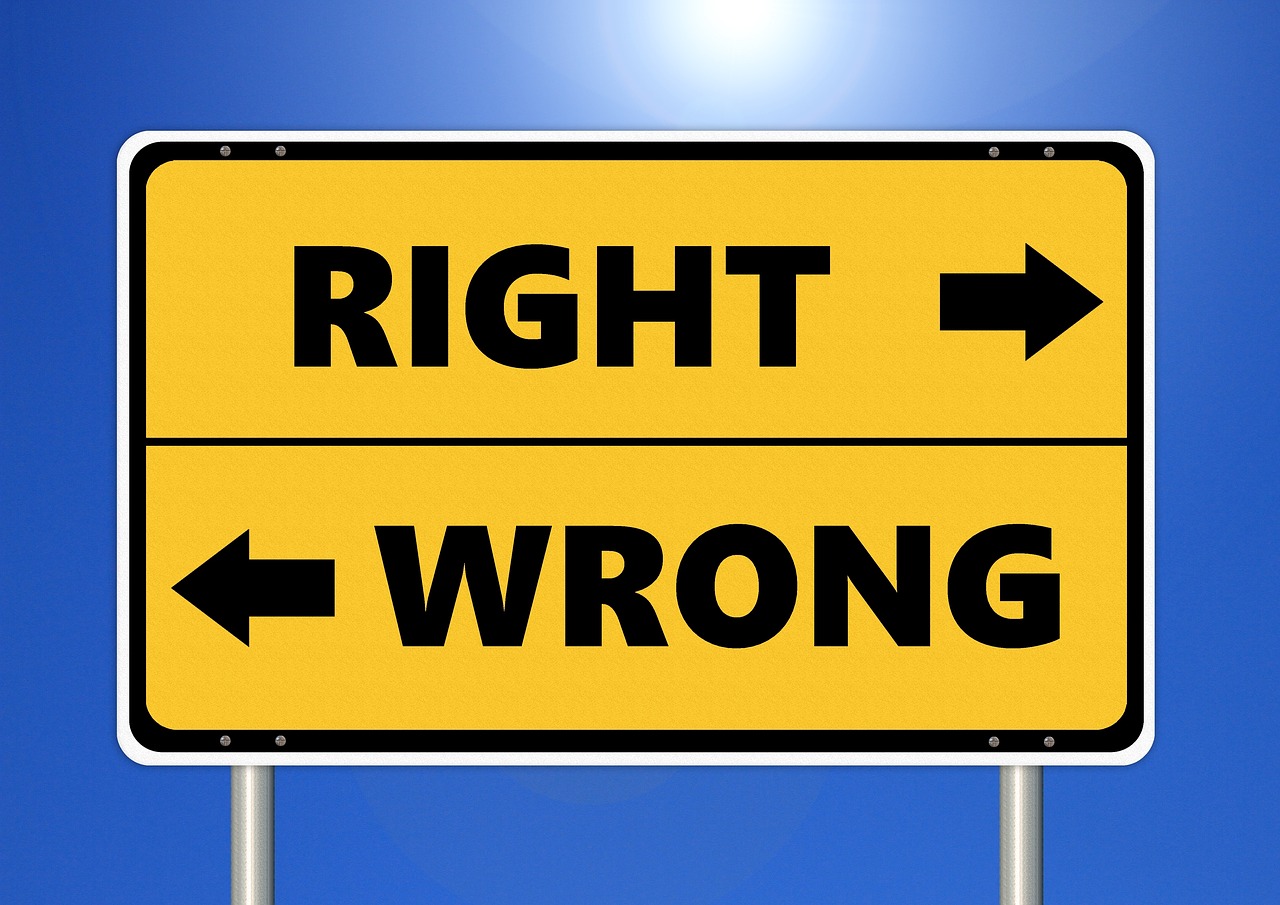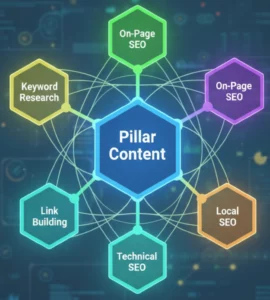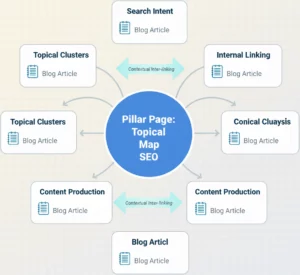
Ethics in the use of artificial intelligence technologies, such as AI Writers, has become a hot topic, fueling both public debate and discussions within professional and academic spheres. But who is really in control when it comes to establishing ethical standards in the development and exploitation of these revolutionary tools?
Table of Contents
ToggleIntroduction to the Ethics of Using AI Writers
With the increasing integration of artificial intelligence into our lives, the ethics surrounding its use is becoming a major issue. In particular, AI Writers, these tools equipped with automated writing capabilities, raise questions about the compliance of their use with human values. Is it the developers who instill ethical principles in the algorithms they design? Or do other forces, such as social, cultural, or political contexts, shape this sphere? Behind every line of code, every algorithmic decision, and every interaction with these digital artifacts, a multitude of ethical dimensions lurk, profoundly impacting society.
Roles and Responsibilities of Creators and Developers
AI designers and developers bear a significant ethical burden. It is from their designs that the foundations of moral values are established in AI Writers. Through the data they select and the way they program systems, based on their scientific and technical knowledge, these actors implicitly decide what is ethical or not. It is their responsibility to ensure that these artificial entities operate in a way that respects and reflects human values, not the other way around.
Influence of Regulatory Bodies and Legislators
Beyond designers, policymakers and legislators also have a say. Existing and developing regulations serve as a framework to guide the ethics of AI Writers. It is an ongoing effort that policymakers must undertake to adapt laws to this digital revolution. They must also ensure that the deployment of such technologies aligns with societal values and ethical principles.
Impacts of International and European Directives
International and European directives also play a crucial role. For example, the European Union has recently taken initiatives to establish a robust ethical framework for artificial intelligence, thus dictating the relationship between AI Writers, their users, and society as a whole. These efforts aim to harmonize the use of artificial intelligence with globally recognized ethical values, ensuring a coherent and responsible approach.

Regulatory Frameworks and Ethical Initiatives
Building a regulatory framework and developing ethical initiatives are fundamental for navigating the deployment and use of AI Writers, considering their potential impact on social order and individual privacy. Closely examining existing regulations and ongoing proposals is essential to understand where we stand and where we need to go.
Highlighting Existing Regulations
There are already a number of regulations that govern the use of digital technologies, including AI Writers. These regulations may cover aspects such as data protection, the right to information, and non-discrimination. However, the rapid evolution of technology and the sophistication of algorithms require constant updates and proactive advocacy to keep pace and protect human interests.
Examples of International Ethical Guidelines and Principles
International organizations such as the UN and OECD have formulated ethical principles for artificial intelligence. These principles aim to guide AI development towards the common good, emphasizing transparency, fairness, non-discrimination, and respect for privacy. They serve as examples and inspiration for the development of specific guidelines tailored to tools like AI Writers.
European Approaches to AI Ethics
Europe, with its General Data Protection Regulation (GDPR), has positioned itself as a pioneer in establishing strong ethical standards for AI. This approach emphasizes users’ rights, system transparency, and the responsibility of AI designers and operators. This European policy can be seen as a model to follow for establishing a coherent and effective AI ethics framework.

Impacts on Digital Communication Practices
The integration of AI Writers into digital communication brings undeniable benefits but also raises essential ethical questions. It is imperative to examine how these tools interact with existing regulations and the consequences this entails for the production and consumption of online information.
Compliance of AI Writers with Online Communication Regulations
It is crucial to ensure that AI Writers operate in compliance with current regulations. This requires the implementation of verification and validation systems that guarantee adherence to digital ethics. Organizations must document and justify the processes underlying the activities of AI Writers, particularly their methods of generating and distributing content.
Transparency and Identification of AI-Generated Content
Transparency is essential, as it allows users to understand the origin and operation of the content they are exposed to. In an increasingly complex digital society, where data circulates at a rapid pace, it is crucial that the discourse around AI Writers is clear and that their work is identifiable by content consumers.
Content Moderation and Quality Management on Social Media
Content moderation on social platforms is another area where ethics come into play. AI Writers, when used for moderation, must be able to make subtle distinctions between what is acceptable and what is not, following both ethical values and legal requirements. This is a challenge that requires deep ethical and technical development.
Actions of Platforms and Social Networks
Digital platforms and social networks are key players in evaluating and implementing measures to ensure the ethical use of AI Writers. Their internal policies and reactions to societal pressure are crucial in shaping the future of these technologies.

Platform Policies to Ensure Transparency
Platforms have begun to establish policies to ensure transparency and reliability of AI-generated content. For example, they can set standards for labeling machine-generated content and ensuring that users are well-informed about the nature of the content they interact with.
Evaluation of Initiatives for Responsible AI Use
It is crucial to continuously evaluate current initiatives to ensure they fulfill their goal of responsible AI use. Platforms must remain receptive to user feedback and research advancements to refine their strategies and improve the ethical functions of AI Writers.
Practical Ethical Considerations for Using AI Writers
In the world of writing and SEO, ethical considerations related to the use of AI Writers must be taken into account to establish sustainable and socially respectful practices. Reflection is necessary to address the challenges presented by these technologies in a balanced and reasonable way.

Recommended Best Practices for Professionals
A set of best practices should be implemented, recommending that professionals prioritize integrity, authenticity, and transparency when employing AI Writers. This may involve discursive training to help understand the implications of using these tools in their profession.
Ethical Challenges and Recommendations for Companies
Companies must be aware of the ethical challenges posed by the use of AI Writers. Their responsibility is significant when it comes to using them in a way that does not harm their brand image or consumer trust. It is pertinent to have clear guidelines and open communication on these issues.
Impact of These Practices on Brand Image and Reputation
Brand image and reputation are highly sensitive to ethical issues. Companies that adopt responsible and ethical practices in the use of AI Writers can stand out positively in the market, build a solid reputation, and foster customer loyalty through a clear and morally sustainable positioning.
FAQ
What is an AI Writer and why is ethics around its use important?
An AI Writer is a robotic writing tool that uses artificial intelligence to generate text. The ethics of its use is paramount because it affects the quality of information and the values we want to see conveyed in our society.

Who is responsible for the ethics of AI Writers ?
Several actors are responsible, from AI creators and developers to regulators and legislators, as well as the platforms that deploy these technologies and end users.
Can the ethics of AI Writers really be regulated ?
Yes, through regulatory frameworks and ethical guidelines. However, it is an ongoing effort that requires collaboration between multiple stakeholders to keep pace with technological innovation.
Summary and Future Perspectives
Ethics in the use of AI Writers is a multidimensional concern that involves a wide range of actors, from designers to regulators, not to mention end users. The decision-making process that impacts the ethics of this technology must be the result of continuous, supported questioning that is aware of the philosophical, technical, and social reasons underlying the creation of these systems. Are we moving towards an era where the responsible development of artificial intelligence will be at the heart of our digital civilization’s concerns? Only time will tell.

AI Writers are formidable tools for online writing and SEO, but their use raises complex ethical questions. The development of a solid ethical framework requires the active participation of all concerned parties. This not only concerns the protection of users and the quality of information but also the perception of societal values carried by artificial intelligence. As these technologies continue to evolve, it is essential that an open and informed discussion guides their development and use, to ensure that ethics remain at the forefront of digital innovation.

Eric Ibanez
Co-fondateur de Hack The SEO
Eric Ibanez a créé Hack The SEO et accompagne des stratégies SEO orientées croissance. Il est aussi co-auteur du livre SEO pour booster sa croissance, publié chez Dunod.
Suggested Articles




